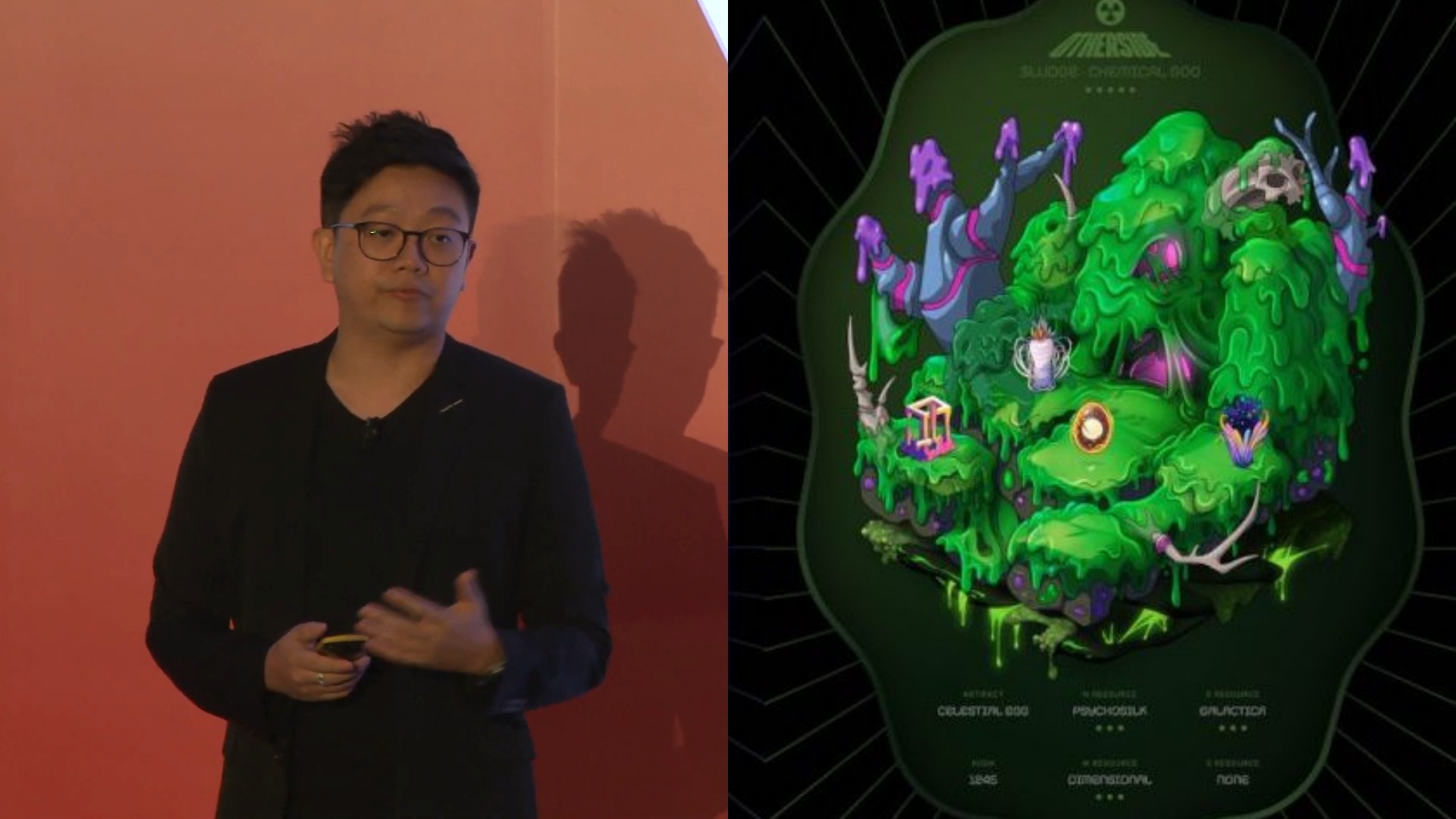SG Dropshipper Mints 306 Otherside Plots, Accidentally Reveals Ties to Scammer

Famed Singaporean dropshipper Steve Tan has accidentally revealed a tie to a self-admitted scammer.
Over the weekend, Yuga Labs’ Otherside metaverse platform launched its public land sale, which sold out within minutes. More than US$200 million was sold in virtual real estate with each plot of land costing 305 APE despite gas fees reportedly reaching US$5,000.
Amassing 306 land plots, Tan showboated about his achievement on Twitter.
“Fucking amazing week 🔥 306 plots of Otherdeeds with a bunch of kodas,” Tan tweeted. “I should be officially the biggest @Otherside landholders if not one of the biggest.”
In his now-deleted thread, Tan bragged how another 1500 plots went to his “internal group of whale friends” whilst his “followers who trusted him” minted at least 5000 plots using Tan’s accounts.
Tan’s sense of community would have been admirable, but one community member in particular may have soured Tan’s entire reputation.
In the thread, Tan had written, “One of our biggest client @reshadeth a 15 year old who discreetly mentioned us in his twitter post about having faith and trusting us is now sitting on as the 2nd biggest Otherside land owner based on the contract holder details.”
“Would he even be sitting with those lands had he not trusted us? The answer is a simple NO. I am here for the long play and draining people wallets has never ever crossed my mind at all. And I hate being judged so I will never ever do that.”
Controversy has arisen not only because @reshadeth is a minor but also due to a thread in which the Twitter user admitted to using exploits to amass his wealth.
In a series of his own now-deleted tweets, @reshadeth first admitted to using “pirated and cracked software” to fuel his graphic design work, which he would then sell on Discord.
The Twitter user’s fraudulent approach to software then manifested into using nefarious methods to mint Otherworld land.
As part of the BAYC land mint, only wallets with perviously registered Know Your Customer (KYC) verifications were eligible to mint. To bypass this, @reshadeth reportedly purchased KYC’ed wallets.
Although crypto exchanges are triumphed by those who believe in decentralised structures, many laws still require them to gather information from their users for tax purposes. Despite backlash from the NFT community, a common method to adhere to this is KYC verification.
Using other people’s identities to fulfil financial transactions not only violates these exchanges’ terms but is also illegal. Purchasing KYC wallets could also be regarded as fraud, wire fraud or money laundering. However, these antics are often ignored in the largely unregulated NFT market.
By bragging about his achievements on Twitter, @reshadeth admitted to fraudulent and illegal activity, which is punishable under most jurisdictions. Tan, who bragged about @reshadeth being “one of his biggest clients”, inadvertently admitted to supporting @reshadeth.
Whilst there is no proof that Tan engaged in similar nefarious behaviour as @reshadeth, the incident does question the credibility of his client base.
“We already mentioned earlier that in a completely unregulated market such as the NFT space, the most immoral and least ethical people always win. And they brag about it as well, so we are posting 2 threads that confirm that point,” tweeted NFT watchdog @NFTethics with a link to @reshadeth’s deleted thread.
“And thread 2 (which mentions that their “biggest client is @reshadeth a 15 year old”). It involves (in)direct proof of identity fraud, getting around KYC/AML laws, wire fraud, giving and/or receiving capital assets to a minor which legally cannot invest,” @NFTethics continued, attatching a link to Tan’s deleted thread.
1/ We already mentioned earlier that in a completely unregulated market such as the NFT space, the most immoral and least ethical people always win. And they brag about it as well, so we are posting 2 threads that confirm that point. Thread 1:https://t.co/YDv2nsofEj
— NFT Ethics (@NFTethics) May 3, 2022
2/ And thread 2 (which mentions that their “biggest client is @reshadeth a 15 year old”). It involves (in)direct proof of identity fraud, getting around KYC/AML laws, wire fraud, giving and/or receiving capital assets to a minor which legally cannot investhttps://t.co/6SRAIKiD5m pic.twitter.com/P14TgEQxW1
— NFT Ethics (@NFTethics) May 3, 2022
